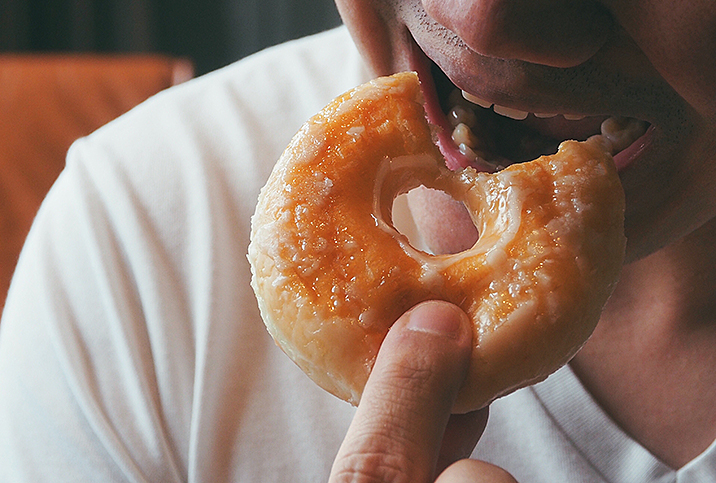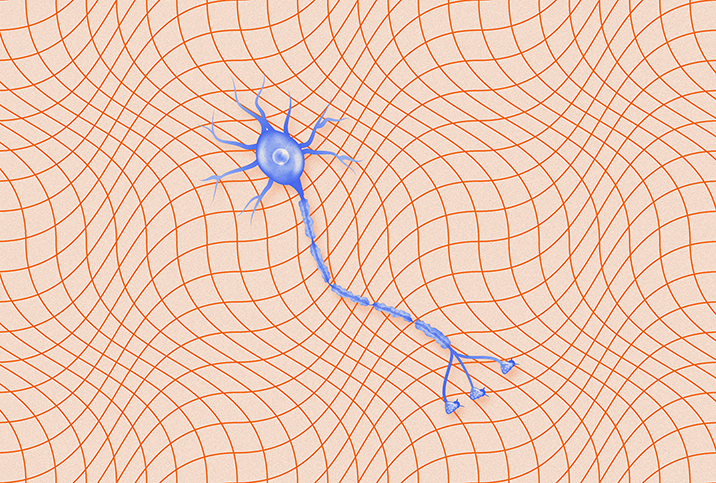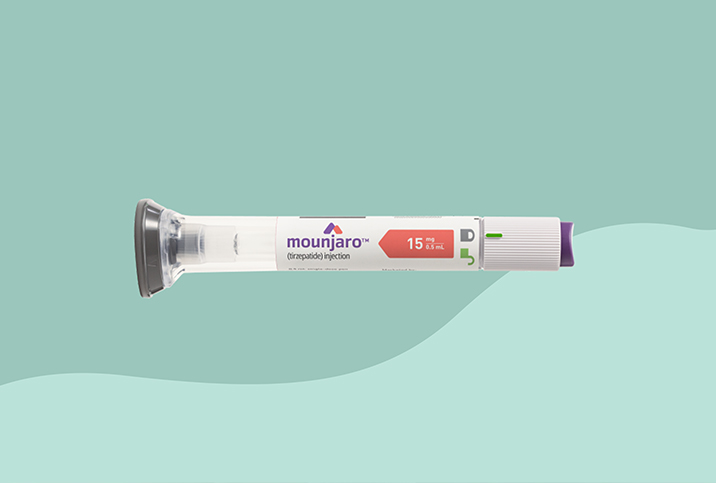How I Navigate Dating With Diabetes

Extreme thirst. Debilitating tiredness. Unimaginable weight loss. These were just some of the symptoms I experienced in the run-up to being diagnosed with type 1 diabetes in 2015 at the age of 17.
I'd been ill for almost four months by the time I was diagnosed; my general practitioner had missed my symptoms the first time around. Sitting in his office, he inspected my tongue after I complained that it felt "fuzzy" from thirst. He diagnosed it as oral thrush and dismissed me with antibiotics, though what I was likely experiencing was a thin layer of glucose on my tongue from months and months of insulin deprivation.
It took another three months to receive a diagnosis, by which point I had gotten progressively sicker. "You're lucky you're not in a coma," the nurse told me after I'd been admitted to the hospital.
Type 1 diabetes is an autoimmune condition defined as a form of diabetes mellitus that usually develops during childhood or adolescence and is characterized by a severe deficiency in insulin secretion. My pancreas, the organ designed to produce insulin and regulate blood glucose levels, no longer works.
The weight of diagnosis at a formative age
In the weeks that followed my diagnosis, my mind quickly became consumed with the sums I calculated trying to figure out how much insulin to administer or trying to decipher the patterns in my blood glucose levels between day and night. What hadn't crossed my mind at the tender age of 17 was that type 1 diabetes would wield a huge impact on my sex life.
I'd had relationships before but was newly single at the time of my diagnosis. All my friends were exploring new sexual horizons, and all of a sudden, I'd stopped. I took solace in taking the time to get to know my new body, but the confidence I'd previously exuded with regard to sex and dating didn't return for years. Was dating with diabetes going to be this drastic of a change?
I'd sat comfortably in my own skin for 17 years and now felt I didn't recognize my body anymore. I didn't want anyone else to see my robot-like insulin pump or risk it getting knocked off awkwardly in the throes of intimacy. I quickly regained the weight I'd lost prior to my diagnosis and then some. My libido fluctuated. I wasn't interested in intimacy with anyone.
This situation was partly tied up in an identity crisis: I didn't recognize myself and my new body and couldn't bring myself to accept my type 1 diabetes status. I was so devastated by my diagnosis and its inhibition of so many of the freedoms I'd previously enjoyed—from being able to eat without injecting insulin to enjoying a full night of rest without low glucose episodes—that I couldn't love myself anymore. I hid my body and hid my type 1 status. If I couldn't love myself, I couldn't be intimate with anyone else. This feeling lasted until I was 20.
Diabetes can cause problems in the bedroom
Interestingly, type 1 diabetes can lead to sexual disorders in 35 percent of women and 50 percent of men, according to one study published in 2018 in the International Journal of Environmental Research and Public Health. The study found men living with type 1 diabetes were three times more likely to experience difficulties with sexual function. Likewise, women with type 1 diabetes scored significantly lower in the domains of sexual desire, sexual arousal, lubrication, orgasm and sexual satisfaction compared to their non-type 1 counterparts.
Similarly, a 2009 study published by the American Diabetes Association found that among the type 1 women studied, 35 percent met the criteria for female sexual dysfunction, with 57 percent reporting loss of libido, 51 percent having problems with orgasm, 47 percent having loss of lubrication, 38 percent reporting arousal issues, and 21 percent experiencing pain.
Prioritize sexual health and confidence
People with diabetes can suffer vaginal dryness, thrush and urinary tract infections (UTIs), said Rhian Kivits, a sex and relationship therapist in the United Kingdom.
"These are all the result of high blood sugars. It can help to control blood sugars, stay well hydrated and to pay attention to your sexual well-being," Kivits said. "If you notice that you have symptoms of thrush or the first signs of a UTI, make sure you seek treatment as soon as possible. Both these issues will escalate swiftly if left to their own devices, and sex is likely to be off the agenda until you're recovered."
People with type 1 diabetes can also struggle with fluctuating energy levels. Plus, the trials and tribulations of managing the condition can often contribute to low mood. These problems only further reduce libido when dating with diabetes.
"Some type 1 diabetics also struggle with body image issues and this can impact sexual confidence or drive them to avoid sex," Kivits added. "It can help to be compassionate and understand that having type 1 does not make you any less sexy or lovable than anyone else. There is no such thing as a perfect body."
I'm 24 now. I've been living with type 1 diabetes for almost seven years and I'm finally at peace with my body. My partner understands the intricacies of my condition, but he also takes the time to care for the parts of me that still ache. My insulin pump, my glucose monitor and my scars don't matter to him. If I could go back in a time capsule and tell my newly diagnosed, teenage self that this would be my truth, I'd be elated.


















